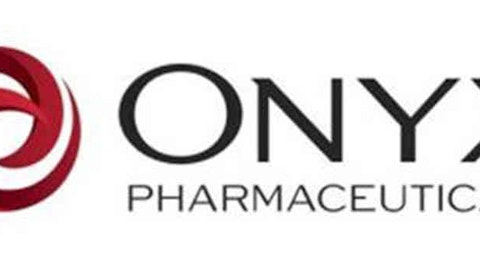Merck & Co., Inc. (NYSE:MRK) and Pfizer Inc. (NYSE:PFE) teamed up in April to create ertugliflozin, an orally administered sodium glucose cotransporter (SGLT2) inhibitor that helps patients excrete more glucose through urine, thus reducing the frequency of daily injections. Ertugliflozin is currently in Phase III trials, and is likely to hit the market ahead of Lilly’s treatments. In addition, the diabetes treatment market is already a crowded space, with Merck, Pfizer, Bristol Myers Squibb Co. (NYSE:BMY) and AstraZeneca plc (ADR) (NYSE:AZN) all racing to catch up to Johnson & Johnson (NYSE:JNJ), which has the only FDA-approved SGLT2 drug on the market, Invokana.
Two steps forward, five steps back
Although those advances are encouraging, Eli Lilly & Co. (NYSE:LLY) already suffered five major setbacks in its quest to grow its pipeline. A study of its lymphoma drug candidate enzastaurin showed no significant difference between the treatment and a placebo. Phase III trials for its schizophrenia candidate pomaglumetad, its lung cancer treatment Alimta, and rheumatoid arthritis medication tabalumab were all discontinued after yielding unfavorable results.
Lastly, its Alzheimer’s candidate, solanezumab, has failed two late-stage trials, but the company remains committed to working on the drug. This is likely in response to Merck’s “all–in” commitment to releasing its Alzheimer’s drug, MK-8931, which directly targets beta-amyloids, proteins believed to cause the debilitating disease. However, Alzheimer’s medications are very tough to successfully produce – Pfizer and Johnson & Johnson scrapped their experimental Alzheimer’s drug last August, after late-stage trials failed.
The Foolish Bottom Line
In closing, let’s take a look at how Eli Lilly measures up to its Big Pharma peers.


We can see that Eli Lilly hasn’t been able to grow its top and bottom lines at all over the past three years, even though it was selling popular medications like Cymbalta, Cialis, Forteo and Evista the whole time. Therefore, the loss of exclusivity of Cymbalta and Evista will seriously hurt the company next year. Although some of Lilly’s newly announced diabetes treatments are encouraging, they will enter a very competitive market, and its four late-stage failures of its new treatments is very discouraging. Lilly’s desperation to add new drugs to its pipeline is painfully apparent in its reluctance to let go of its Alzheimer’s candidate – which is a Hail Mary pass at best.
Therefore, investors should probably avoid Eli Lilly & Co. (NYSE:LLY), especially when there are better high-growth names out there – such as Gilead Sciences (HIV, HCV) and Biogen (MS), which aren’t scrambling to add drugs to a drying pipeline.
The article What Does the Patent Cliff Mean for This Drugmaker? originally appeared on Fool.com and is written by Leo Sun.
Leo Sun has no position in any stocks mentioned. The Motley Fool has no position in any of the stocks mentioned. Leo is a member of The Motley Fool Blog Network — entries represent the personal opinion of the blogger and are not formally edited.
Copyright © 1995 – 2013 The Motley Fool, LLC. All rights reserved. The Motley Fool has a disclosure policy.




